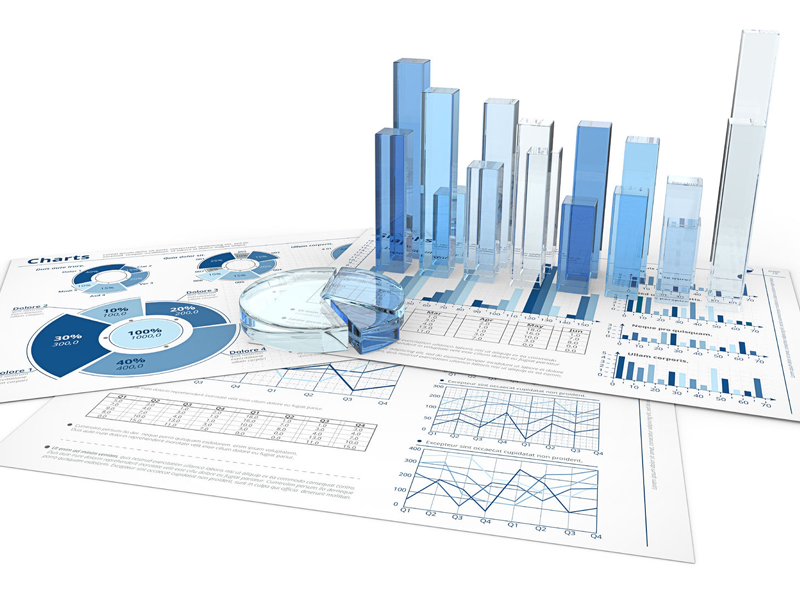
The Canadian market for initial public offerings (IPOs) reached $2.2 billion last year, according to a new report from PricewaterhouseCoopers Canada LLP (PwC Canada).
Although that figure is less than half of the 2017 total, it represents a respectable finish for a market plagued with volatility.
“Unlike 2017 that was skewed by the single giant Kinder Morgan Canada offering, 2018 was reflective of a more normal market in Canada,” says Dean Braunsteiner, national IPO leader at PwC Canada, in a statement.
There were 54 new equities issues on four exchanges in 2018 that generated $2.2 billion vs $5.1 billion raised from 37 IPOs in 2017.
The top 10 new issues in 2018 were $100 million or more, the report states. The largest IPO was the $462-million Ceridian HCM Holding Inc. issue in the second quarter. MAV Beauty Brands ($241 million) and AltaGas ($239 million) rounded out the top three.
The fact that these IPOs were from three different sectors is “a testament to the diversity of the Canadian market,” Braunsteiner adds in the statement.
The Toronto Stock Exchange had 11 IPOs for the year worth $1.8 billion, while the Canadian Securities Exchange (CSE) had 28 IPOs, including a significant number of mining issues. The surge of CSE activity was a notable development in 2018, says Braunsteiner, as was a return of junior miners to the equity markets.
“The cost-efficient route to public ownership via the CSE certainly appealed to junior miners and other start-up companies that were focused on maximizing the new equity coming their way,” he says in the statement.
Although cannabis companies raised more than $491 million on various exchanges in 2018, the industry will provide uncertainty this year as cannabis companies begin to consolidate.
Overall, the outlook for IPOs in 2019 is unclear. For example, uncertainty about interest rates, the continuing Brexit saga and global trade tension — all of which disrupted markets toward the end of 2018 — make valuing new issues and bringing them to market difficult, says Braunsteiner in the statement.